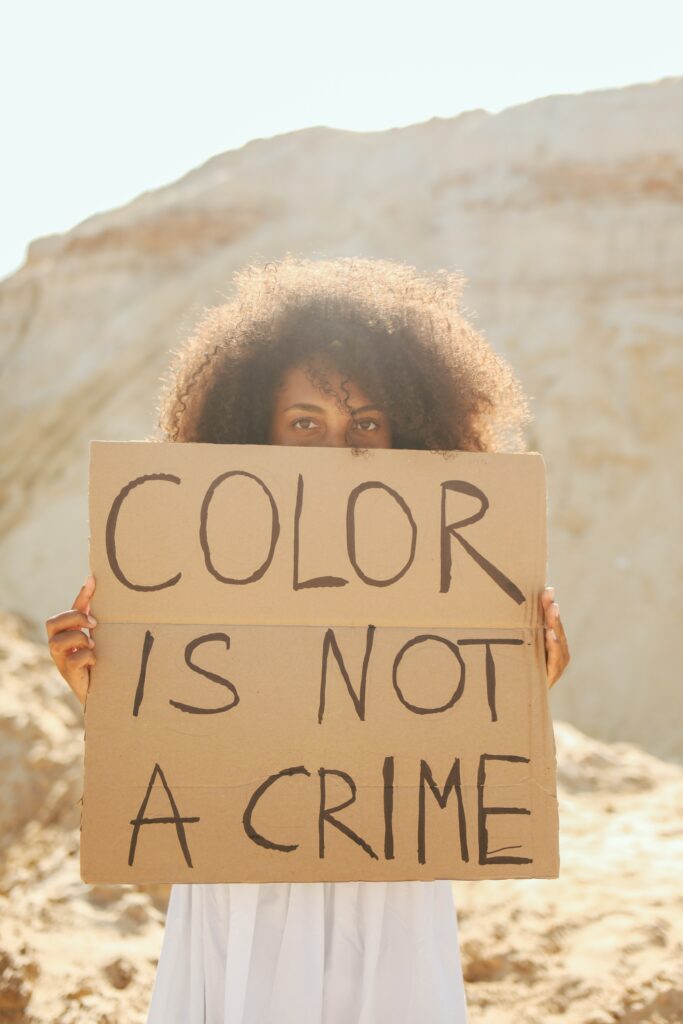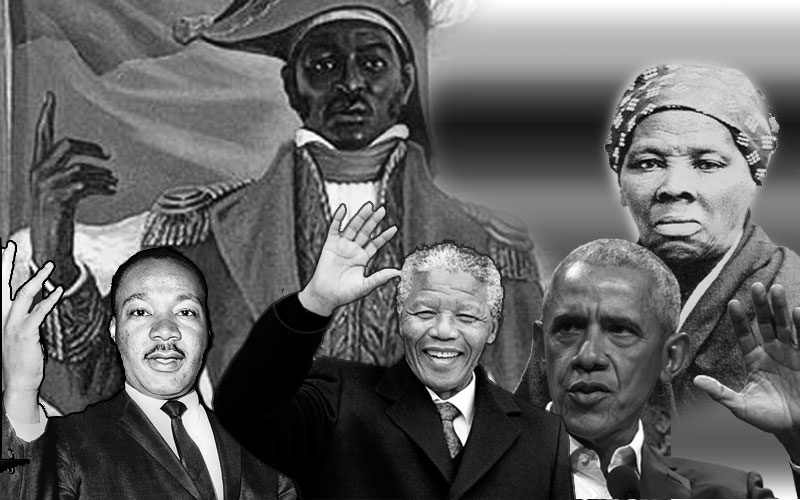Black History refers to the unique experiences, achievements, and struggles of people of African descent, both in Africa and throughout the diaspora. It is a story of resilience, creativity, and courage in facing adversity, oppression, and marginalization. It is a critical part of global history and deserves to be celebrated, remembered, and studied.
Black history dates back to ancient Africa, home to some of the most significant civilizations in history, including Egypt, Ethiopia, Ghana, and Mali. These empires were characterized by advanced systems of governance, architecture, trade, and cultural expression. The achievements of these civilizations are often overlooked in mainstream history, despite the fact that they continue to influence contemporary society.
The transatlantic slave trade, which began in the 16th century, marked a dark chapter in black history. Millions of Africans were forcibly taken from their homes and sold into slavery, enduring brutal conditions and inhumane treatment. The effects of slavery, including racism, inequality, and prejudice, are still felt today.
Despite the challenges of slavery and segregation, black people have made significant contributions to society in various fields, including art, literature, science, music, politics, and sports. Some notable figures in black history include Nelson Mandela, Maya Angelou, Martin Luther King Jr., Barack Obama, and Serena Williams.
Table of Contents
Black History – Arts and Entertainment
In the arts, black musicians such as Louis Armstrong, Ella Fitzgerald, and Duke Ellington helped to popularize jazz music, which became an essential part of American culture. Black writers like James Baldwin, Toni Morrison, and Langston Hughes have produced some of the most influential works of literature in the 20th century, highlighting the black experience in America and beyond.
Black history is also characterized by the fight for civil rights and social justice. In the 1950s and 60s, the civil rights movement led by figures like Martin Luther King Jr. and Rosa Parks challenged institutionalized racism and segregation in the United States. The movement led to significant legal and social changes, including the Civil Rights Act of 1964 and the Voting Rights Act of 1965, which aimed to ensure equal rights and opportunities for all Americans, regardless of race.

Black History – Black Lives Matter
More recently, the Black Lives Matter movement has brought renewed attention to issues of racial injustice and police brutality. The movement, which began in 2013, following the killing of Trayvon Martin, has grown into a global movement, with protests and demonstrations in cities around the world.
Despite the progress made in the fight for racial equality, the struggle is ongoing. Black people continue to face discrimination, prejudice, and inequality in various areas of life, including education, employment, housing, and the criminal justice system. Black history remains relevant and necessary in shaping contemporary society and addressing these issues.
Conclusion
In conclusion, black history is a vital part of global history that deserves to be celebrated and remembered. It is a story of resilience, creativity, and courage in facing adversity, oppression, and marginalization. Black history is characterized by the achievements of ancient African civilizations, the horrors of slavery and segregation, and the fight for civil rights and social justice. While progress has been made, the struggle for racial equality is ongoing, and black history remains a critical lens for examining contemporary society and addressing the challenges that lie ahead.
Author
Stay connected for new publications, events, and more.







More Stories
Le pape Léon XIV : un pontife historique qui jette un pont entre les continents et les cultures
What Happens When a Pope Dies
Le Prix de la Liberté : 17 Avril 1825, une Ordonnance Injuste. Déclaration de Macron